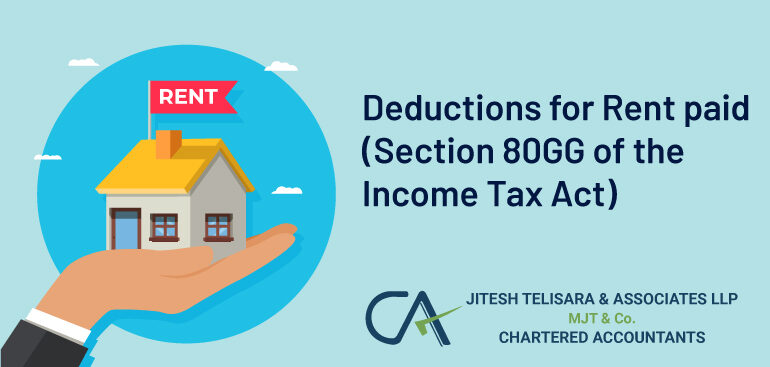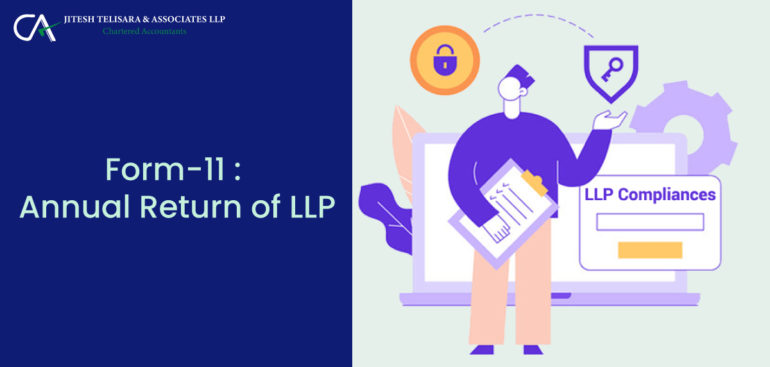When it comes to minimizing our tax liabilities, exploring various deductions and exemptions provided by the Income Tax Act is essential. One such provision that can benefit individuals who do not receive or who are not eligible for house rent allowances is Section 80GG.
This section allows taxpayers to claim a deduction from the income for the rent paid, thus providing relief to those who do not own a house and do not receive any housing-related benefits from their employers.
What is Section 80GG?
Section 80GG of the Income Tax Act, 1961, provides individuals with a deduction from the income for rent paid for accommodation, provided certain conditions are met. This deduction is available to both salaried and self-employed individuals who do not receive house rent allowances or any other housing-related benefits from their employers.
Conditions to avail the deduction:
To claim the deduction under Section 80GG, taxpayers must meet the following conditions:
- Individual taxpayer: Only individuals are eligible for this deduction. Hindu Undivided Families (HUFs) or any other type of taxpayer cannot claim this deduction.
- Non-receipt of house rent allowance: The taxpayer should not receive any house rent allowance (HRA) from their employer during the relevant financial year.
- No self-occupied property: The taxpayer or his/her spouse or minor child or an HUF in which he/she is a member, does not own a residential house property in the city where they currently reside, nor in any other place where they ordinarily conduct their business or profession. If the taxpayer owns any residential property at any place other than the place of residence or the place of work, then such property shall not be assessed as the self-occupied property in the hands of the taxpayer.
- Any other conditions: The taxpayer must fulfill any other conditions as may be prescribed.
Deduction Calculation:
The amount of deduction available under Section 80GG is the least of the following:
- Actual rent paid minus 10% of the taxpayer’s adjusted total income.
- 5,000 per month.
- 25% of the taxpayer’s adjusted total income.
Calculation of Adjusted Total Income:
For the purpose of calculation of the deduction, the tax payer shall have to first calculate the Adjusted Total Income. Adjusted Total Income for this purpose shall be gross total income after deducting all long term capital gains if any, all deductions permissible under sections 80C to 80U and any other income referred to in sections 115A to 115D.
Procedure to claim the deduction:
To claim the deduction under Section 80GG, taxpayers need to follow these steps:
- Submit Form 10BA: Taxpayers must fill and submit Form 10BA, which is a declaration specifying the details of the rent paid the landlord’s name and address, and other relevant information.
- Maintain rent receipts: Taxpayers should maintain rent receipts as proof of rent payment. It is advisable to make the rent payments through a banking channel or cheque to ensure proper documentation.
- File income tax return: While filing the income tax return, taxpayers need to provide the details of the rent paid and claim the deduction under Section 80GG.
Section 80GG of the Income Tax Act serves as a valuable provision for individuals who do not receive house rent allowances but incur rental expenses. By claiming this deduction, eligible taxpayers can reduce their tax liabilities and enjoy some relief in the form of tax savings. However, it is crucial to adhere to the conditions and procedures outlined under this section to avail the benefits correctly.


